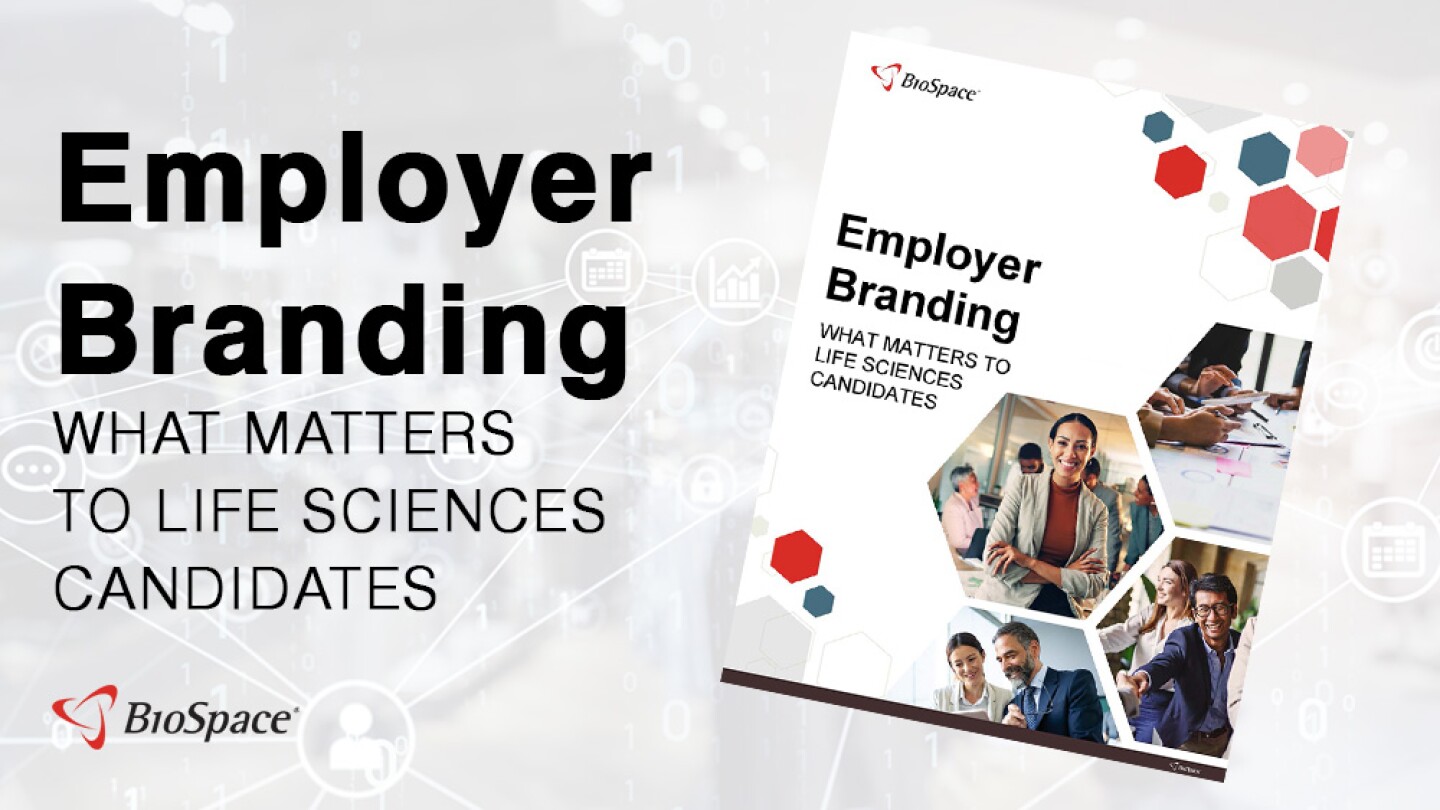Employer resources
In this episode presented by Slone Partners, Leslie Loveless, Co-CEO and Managing Partner discusses how hiring and the building of executive teams has responded to the current biotech environment.
Seven in 10 U.S. hiring managers say their company usually considers employing overqualified applicants, according to a survey from Express Employment Professionals and The Harris Poll. However, 75% of employers believe such hires struggle to stay motivated in lower-level roles.
Talent acquisition leaders at leading pharma and biotech organizations are leveraging technologies, including automation, to develop internal talent marketplaces and systems that support upskilling and reskilling their workforce. BioSpace spoke to leaders at Pfizer and Bayer about their evolving approach to resourcing.
Building and scaling biopharma workforces can go beyond recruiting permanent employees to include fractional workers and consultants. A Slone Partners executive discusses how these blended workforces operate, highlighting the strategic benefits.
Given today’s available local talent pool, biopharma companies are less likely to turn toward international job candidates, according to a talent acquisition expert. Findings from two recent BioSpace LinkedIn polls underscore the issue.
The National Legal and Policy Center, a right-wing advocacy and watchdog group, had asked the company to revisit its DEI goals in executive pay incentives.
While the job market is tough for life sciences professionals right now, it won’t always be. Employers must continue striving to create fulfilling work environments, as the market won’t always be in their favor, say biopharma execs.
BioSpace spoke to talent acquisition leaders about how they think artificial intelligence will shape the future of their function.
Carlos Doti has moved countries and changed jobs, but one thing hasn’t changed. Making an impact on patient care has always been a priority for the AstraZeneca executive.
PRESS RELEASES










